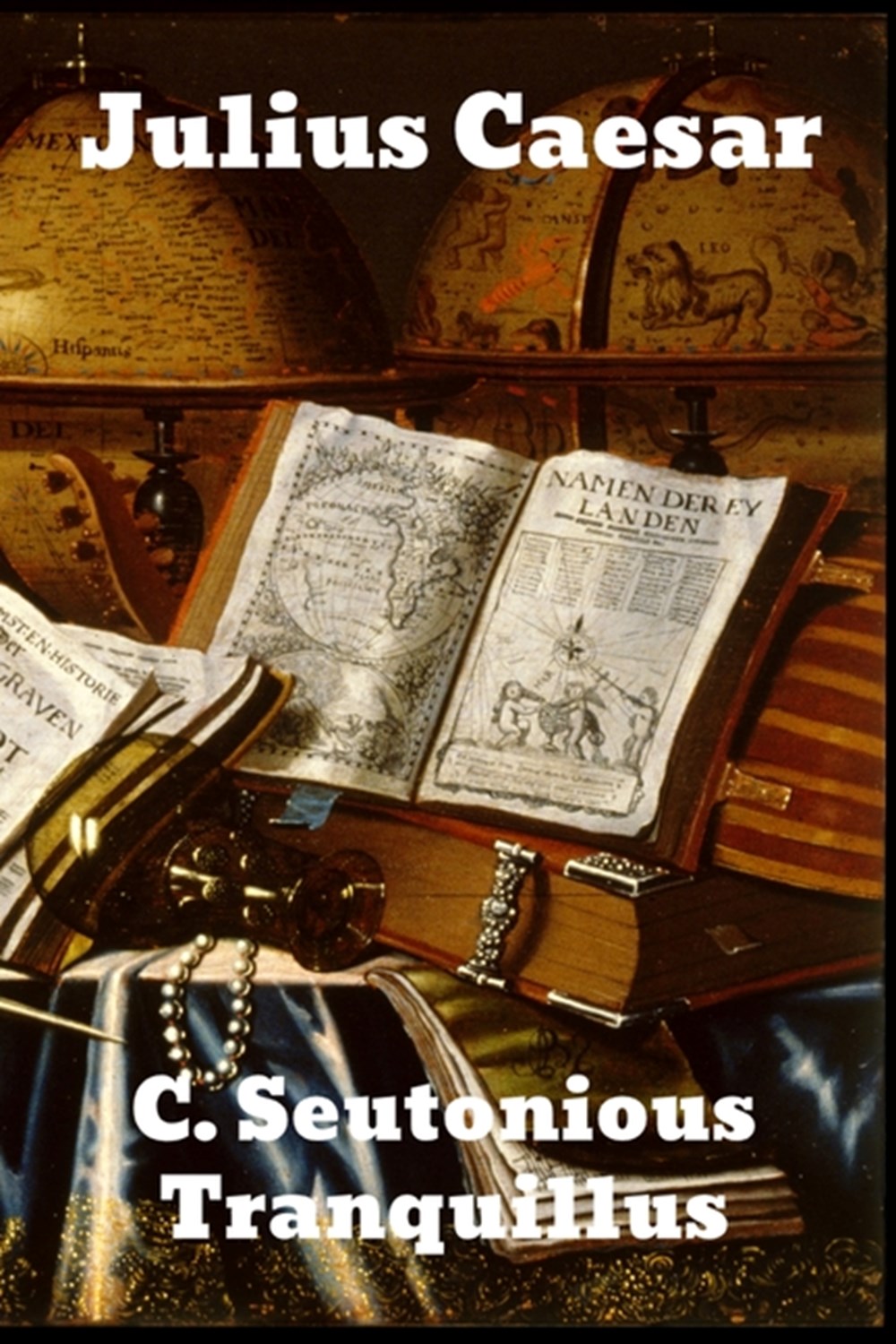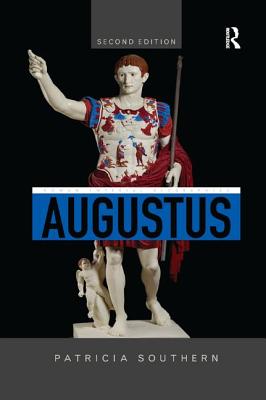
Julius Caesar
| Quantity | Price | Discount |
|---|---|---|
| List Price | $12.99 |
$12.99
Book Information
| Publisher: | Brian Westland |
|---|---|
| Publish Date: | 02/11/2020 |
| Pages: | 90 |
| ISBN-13: | 9781774412466 |
| ISBN-10: | 1774412462 |
| Language: | English |
Full Description
Gaius Julius Caesar (13 July 100 BC[1] - 15 March 44 BC), usually called Julius Caesar, was a Roman politician and general who played a critical role in the events that led to the demise of the Roman Republic and the rise of the Roman Empire. He is also known as a notable author of Latin prose. In 60 BC, Julius Caesar, Crassus and Pompey formed a political alliance that dominated Roman politics for several years. Their attempts to amass power as Populares were opposed by the Optimates within the Roman Senate, among them Cato the Younger with the frequent support of Cicero. Caesar's victories in the Gallic Wars, completed by 51 BC, extended Rome's territory to the English Channel and the Rhine. Julius Caesar became the first Roman general to cross both the Channel and the Rhine, when he built a bridge across the Rhine and crossed the Channel to invade Britain. These achievements granted him unmatched military power and threatened to eclipse the standing of Pompey, who had realigned himself with the Senate after the death of Crassus in 53 BC. With the Gallic Wars concluded, the Senate ordered Caesar to step down from his military command and return to Rome. Julius Caesar found himself with no other options, but to cross the Rubicon with the 13th Legion, leaving his province and illegally entering Roman Italy under arms. Civil war resulted and Caesar's victory in the war put him in an unrivalled position of power and influence. After assuming control of government, Julius Caesar began a programme of social and governmental reforms, including the creation of the Julian calendar. He gave citizenship to many residents of far regions of the Roman Empire. He initiated land reform and support for veterans. He centralised the bureaucracy of the Republic and was eventually proclaimed "dictator in perpetuity", giving him additional authority. His populist and authoritarian reforms angered the elites, who began to conspire against him. On the Ides of March (15 March) 44 BC Julius Caesar was assassinated by a group of rebellious senators led by Gaius Cassius Longinus, Marcus Junius Brutus and Decimus Junius Brutus. A new series of civil wars broke out and the constitutional government of the Republic was never fully restored. Caesar's adopted heir Octavian, later known as Augustus, rose to sole power after defeating his opponents in the civil war. Octavian set about solidifying his power and the era of the Roman Empire began. Much of Julius Caesar's life is known from his own accounts of his military campaigns and from other contemporary sources, mainly the letters and speeches of Cicero and the historical writings of Sallust. The later biographies of Caesar by Suetonius and Plutarch are also major sources. Caesar is considered by many historians to be one of the greatest military commanders in history.


